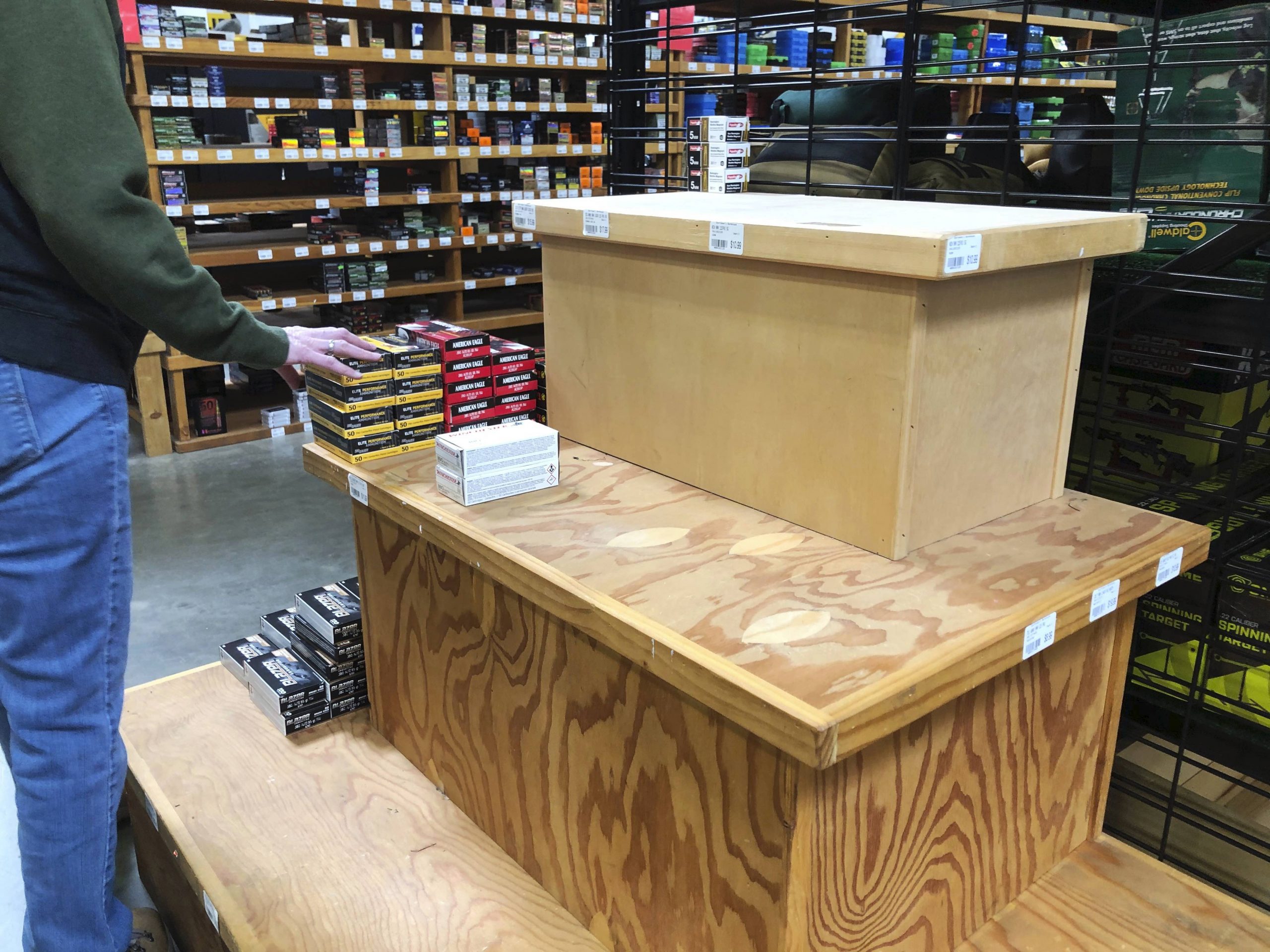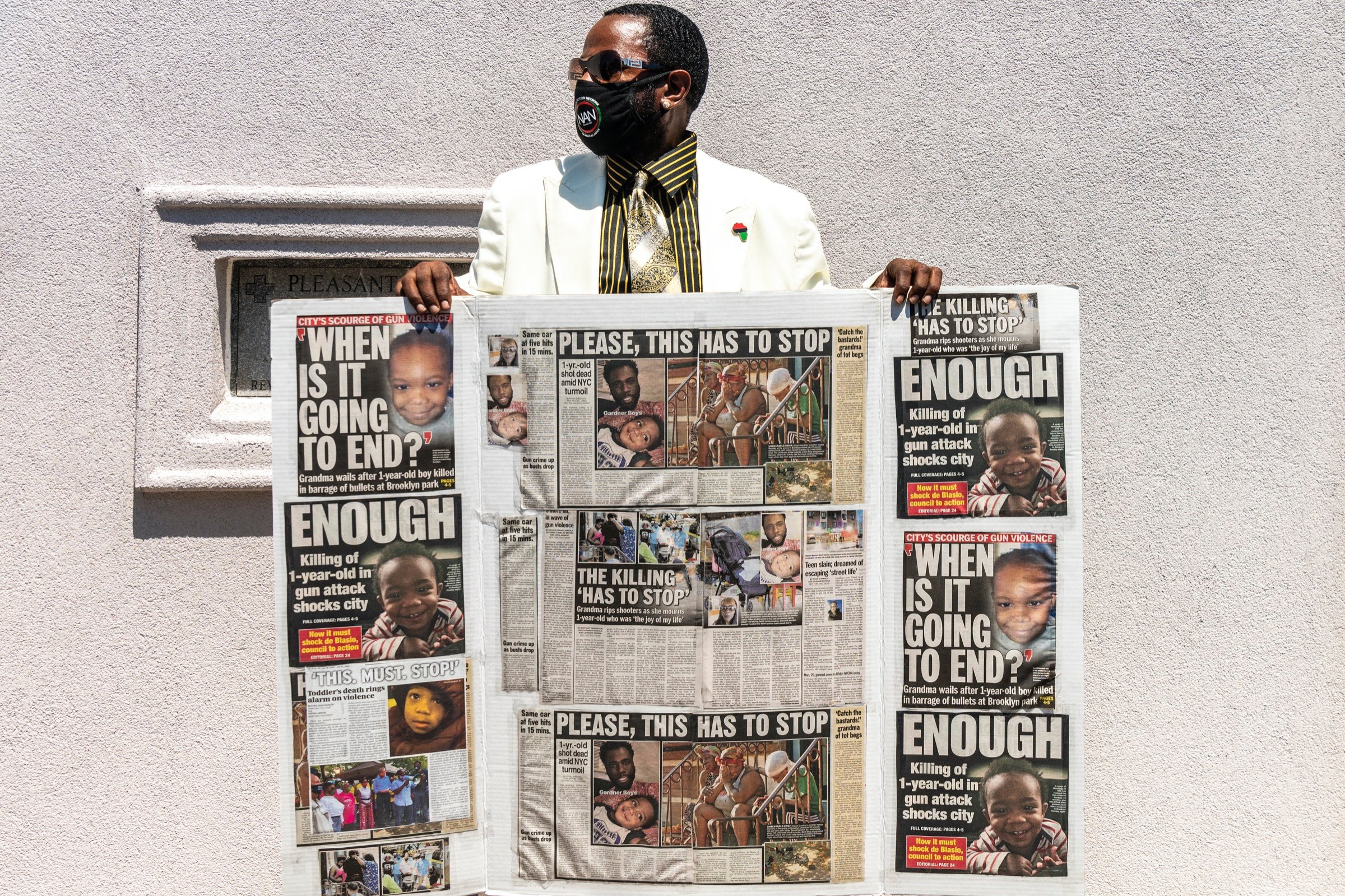Caroline Light is a Harvard professor whose field of study includes “America’s love affair with armed self-defense,” as she put it in the subtitle of her latest book. Reading the extensive reports this week of a surge in gun buying around the country, she was not surprised.
“Firearms are increasingly marketed as the most rational solution to our sense of fear and insecurity,” she told me. “And this epidemic, to me, seems like the perfect storm for convincing a whole variety of different consumers, who may or may not have been gun consumers in the past, to look at guns as a way to make themselves feel more secure.”
Guns, in fact, do not make people safer, according to the research. And for most of its history, the American firearm industry did not emphasize self-defense in its pitches to customers. As recently as the mid-1990s, even with Americans still shaken by a historic spike in violent crime, survey results showed that most people who owned guns owned them for recreation — things like hunting deer, or shooting clays. By 2015, when the survey was updated, crime was down dramatically. Yet two thirds of gun owners cited “protection from people” as a primary motivation for having a firearm.
“That was a massive triumph of advertising by the manufacturers,” says Light. The National Rifle Association has echoed those appeals to anxiety in its own messaging. Light is careful to note that the gun industry and the gun lobby did not create the underlying conditions that have left Americans balkanized and jittery — i.e., the way the social safety net “was pretty much destroyed and obliterated by the end of the 20th century.” But they did aggressively exploit them. “The gun industry was very much a powerful player in taking advantage of these circumstances and shifts in our economic and political systems,” she says. “There’s so much money to be made in making the population fearful of its individual security.”
Now we are living through an unprecedented public health crisis that’s given Americans many genuine reasons to be afraid. To judge from the lines out the door at many of the nation’s gun stores, firearms manufacturers are cashing in nicely. Light, who was raised by gun owners in Virginia, doesn’t own one herself. “But I do think about other people, who at this moment right now of unprecedented turmoil are turning to guns, and I can kind of see it.”
While she empathizes with those individual decisions, Light worries about their collective toll: “Because I believe all the statistics that say that the more guns we have, the more gun deaths we have.”

